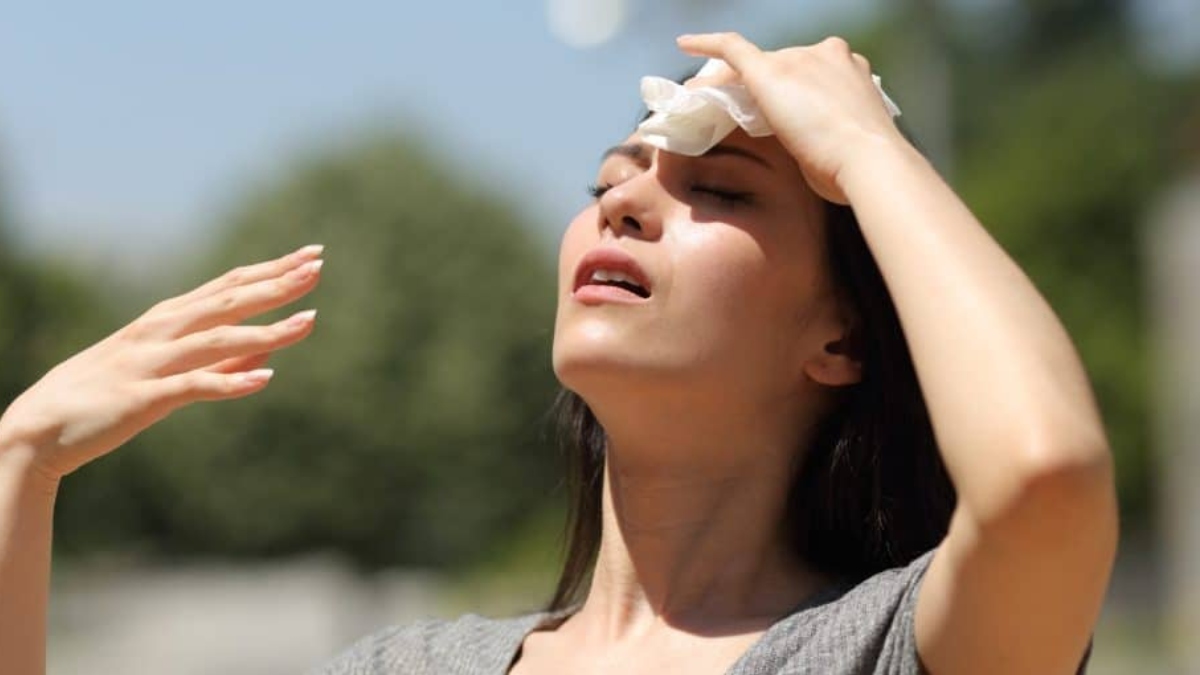Residents of the UAE are being advised to brace for the summer season, which is expected to peak in the middle of July. The region, which recently saw temperatures exceed 50°C, could face even warmer conditions as the month progresses, according to experts.
Khadijah Ahmad, operations manager of Dubai Astronomy Group, highlighted in a Khaleej Times report the severity of this year’s heat wave, stating, “This year’s heat wave is more severe than the usual hot weather in the country. While it’s common to experience high temperatures during summer, this particular heat wave is expected to break records in terms of both temperature and duration.”
Ahmad explained that the heat wave is caused by high-pressure systems trapping warm air, coupled with a lack of clouds and the urban heat effect from buildings. She also noted the impact of climate change in exacerbating these extreme weather events, making them more common and intense.
“Heat waves can generally be predicted with reasonable accuracy about one to two weeks in advance,” Ahmad added. “Advances in meteorological technology and modelling have improved the ability to forecast these events, though the exact intensity and duration can be harder to pinpoint until closer to the occurrence.”
According to the UAE weather group ‘Storm Centre’, this summer is marked by a significant increase in temperatures and humidity, making it one of the hottest times of the year. The peak intensity of this warm period is expected to start around mid-July and continue until the second or third week of August, with northwestern winds, known locally as the Al-Bawareh winds, contributing to the heat.
Medical professionals are advising residents to take specific precautions during this extreme heat. Dr. Farhan M. Asrar, a Canadian Public Health and Family Physician at the Dalla Lana School of Public Health, recommends staying hydrated, wearing appropriate clothing, avoiding direct sunlight, using sunscreen, consuming items that help stay cool, and reducing outdoor activities during the hottest parts of the day.






